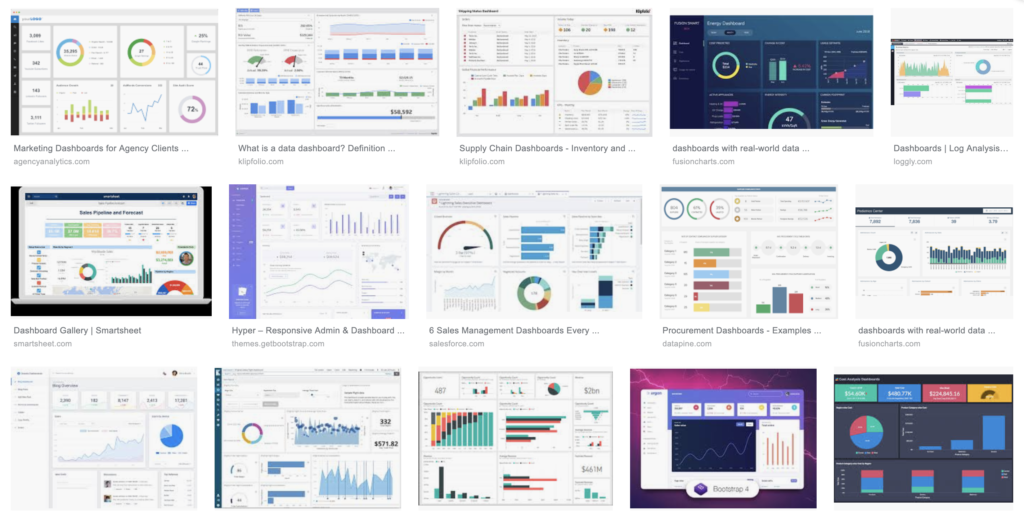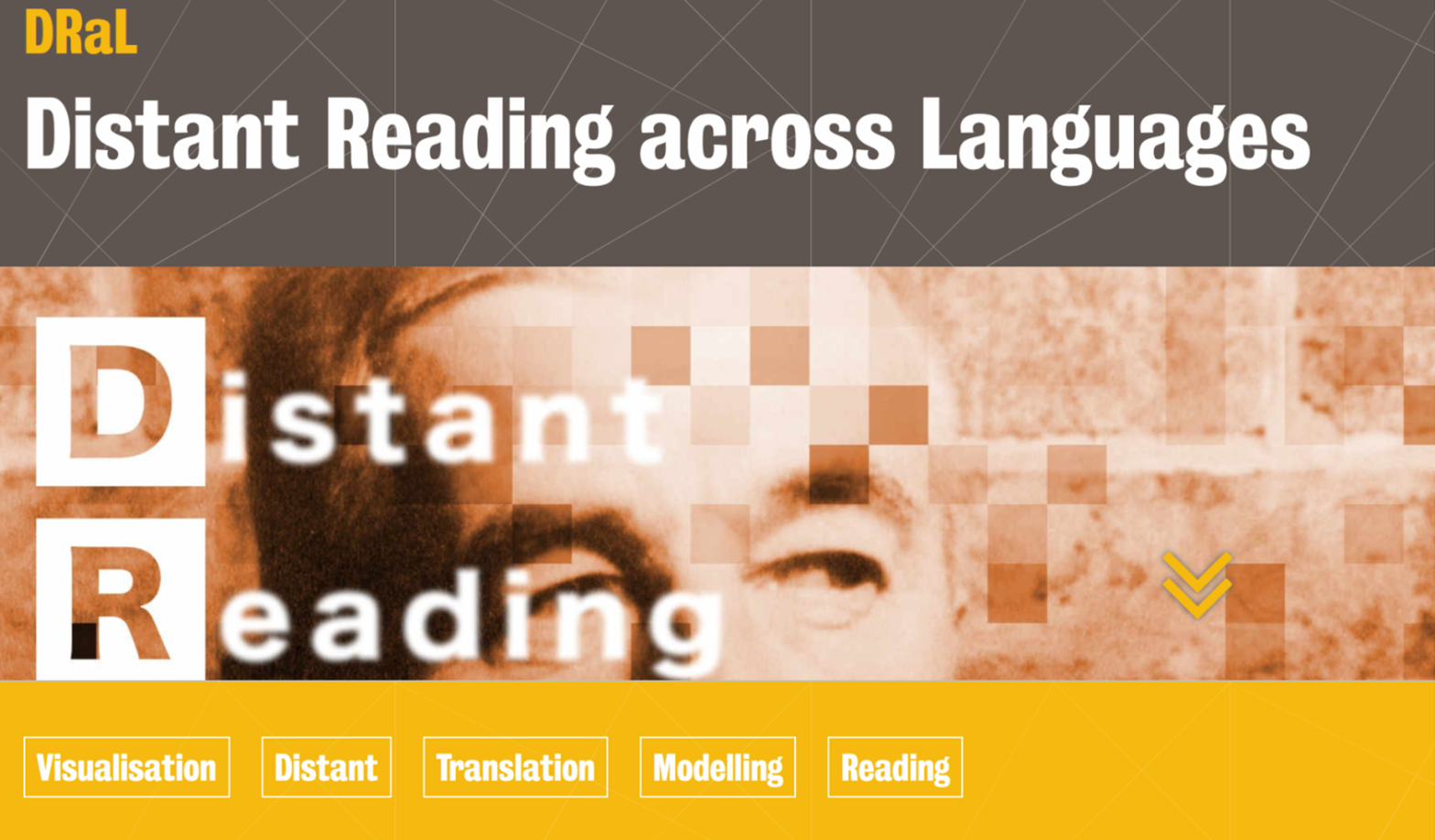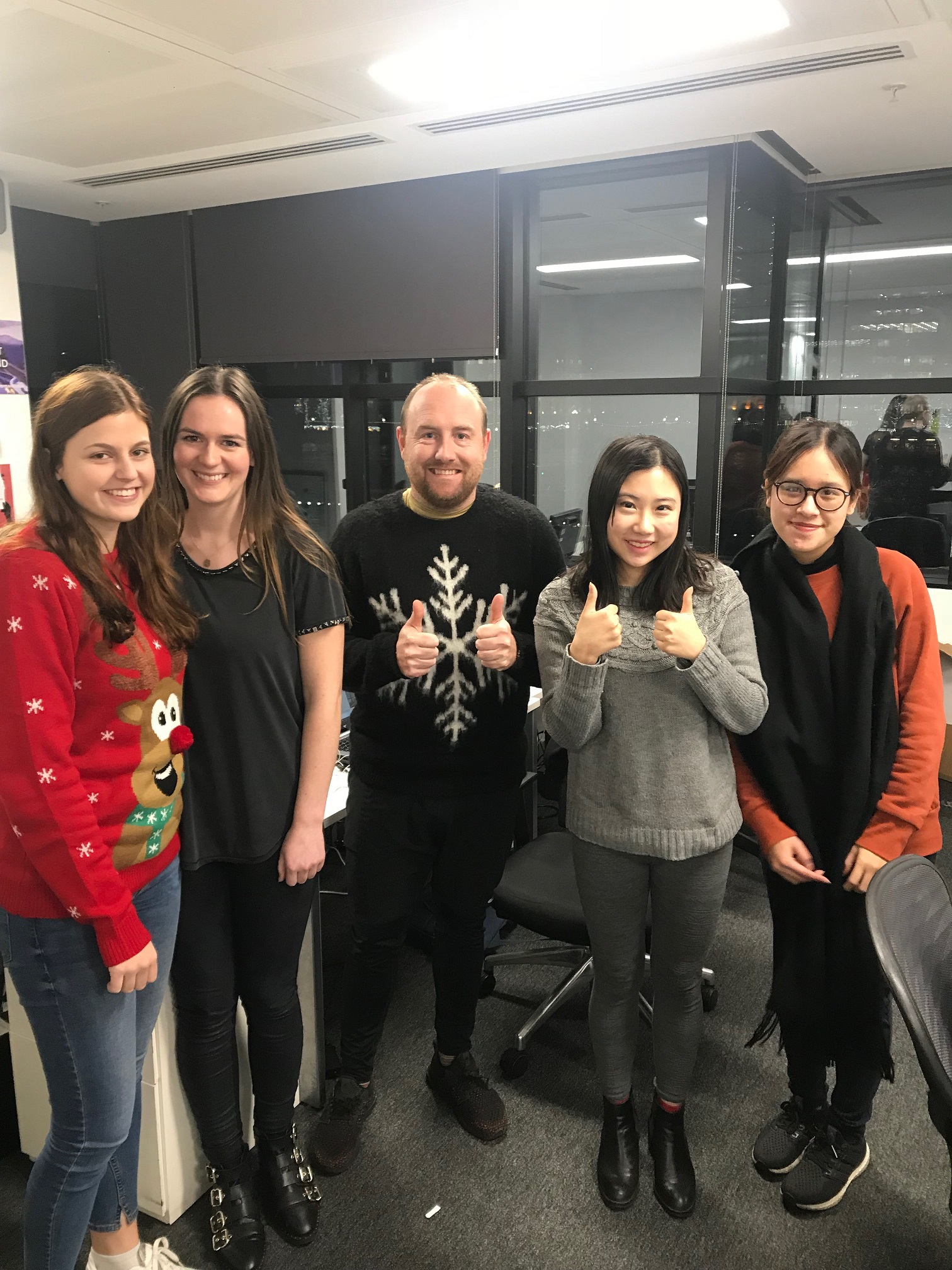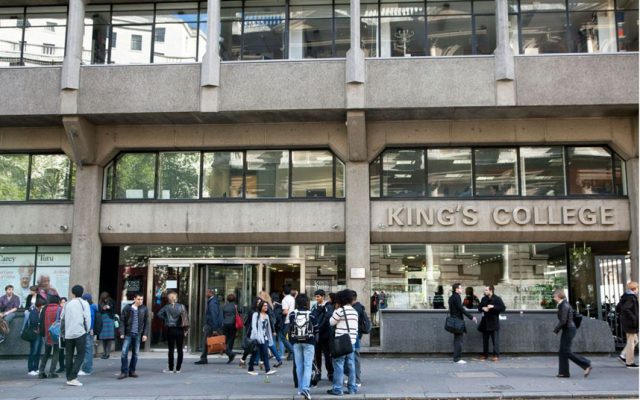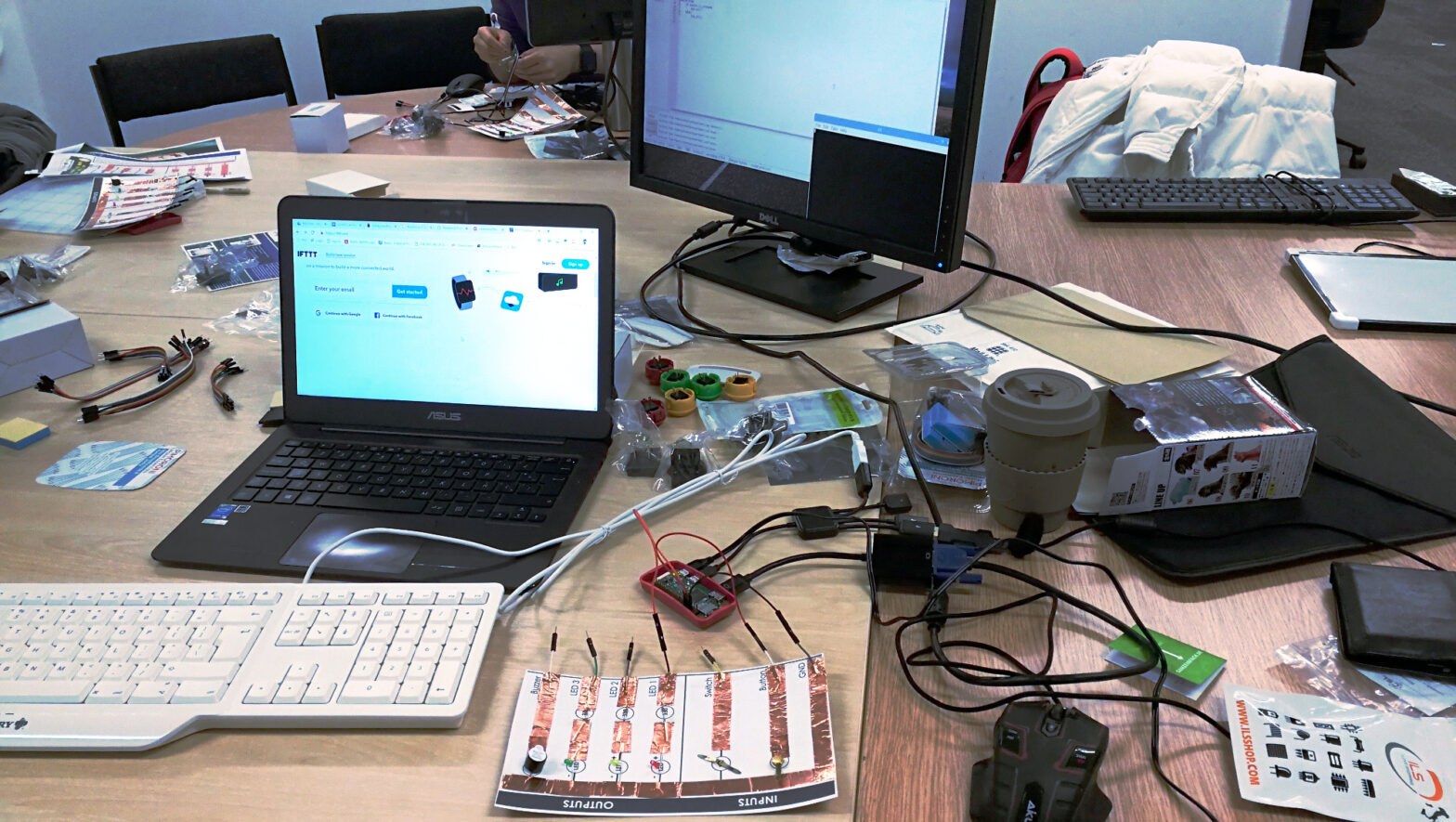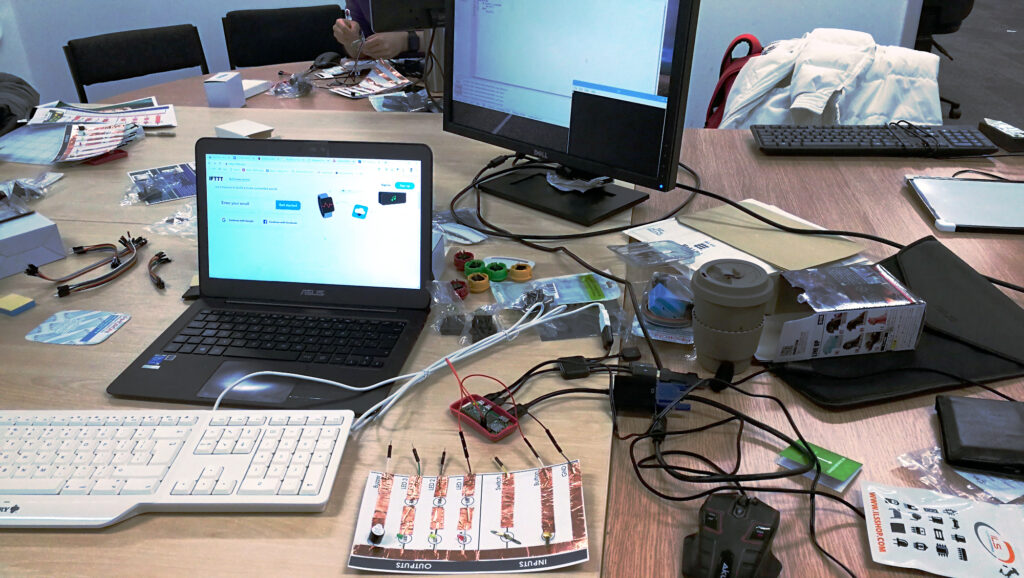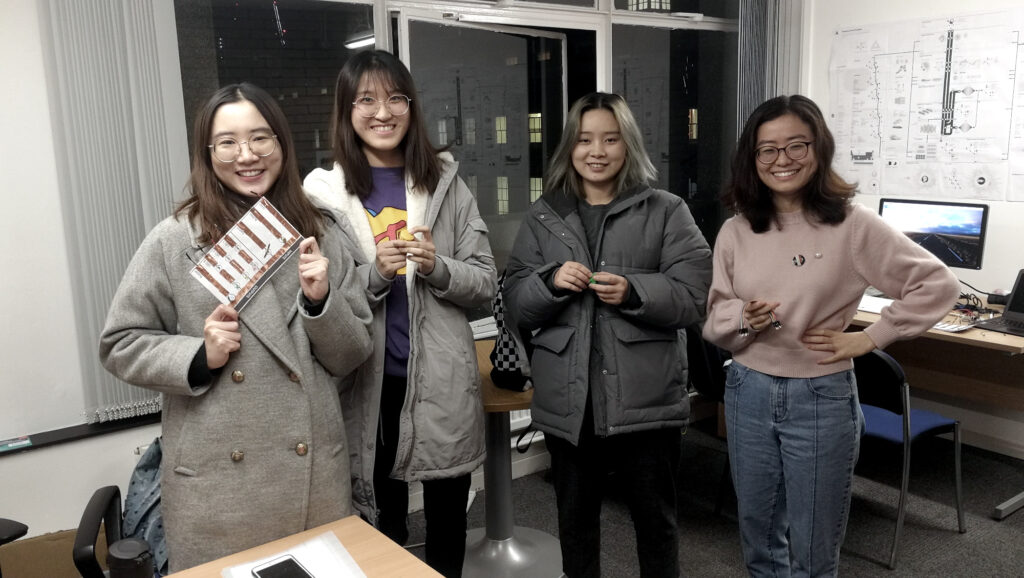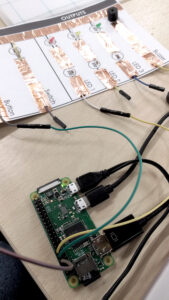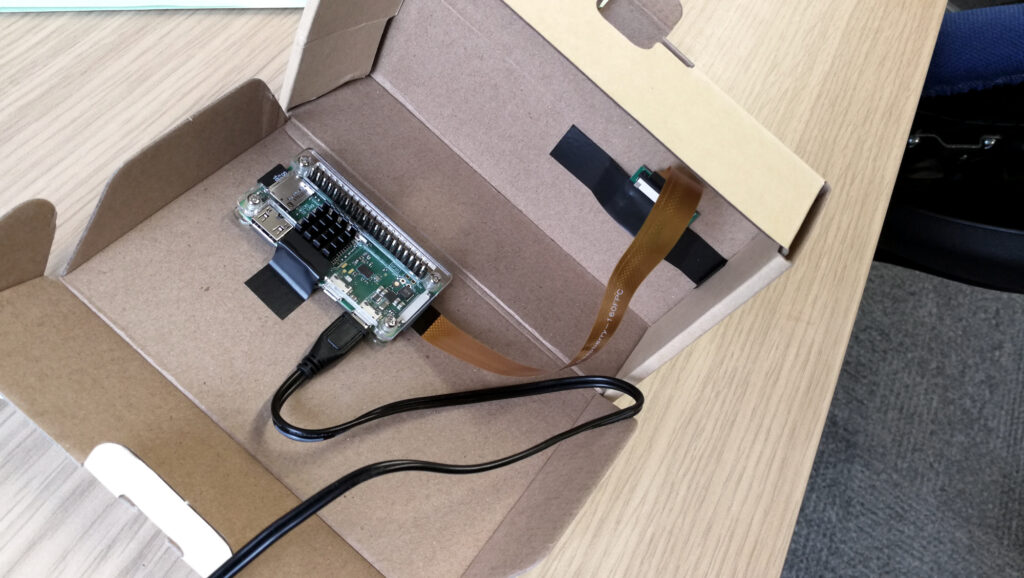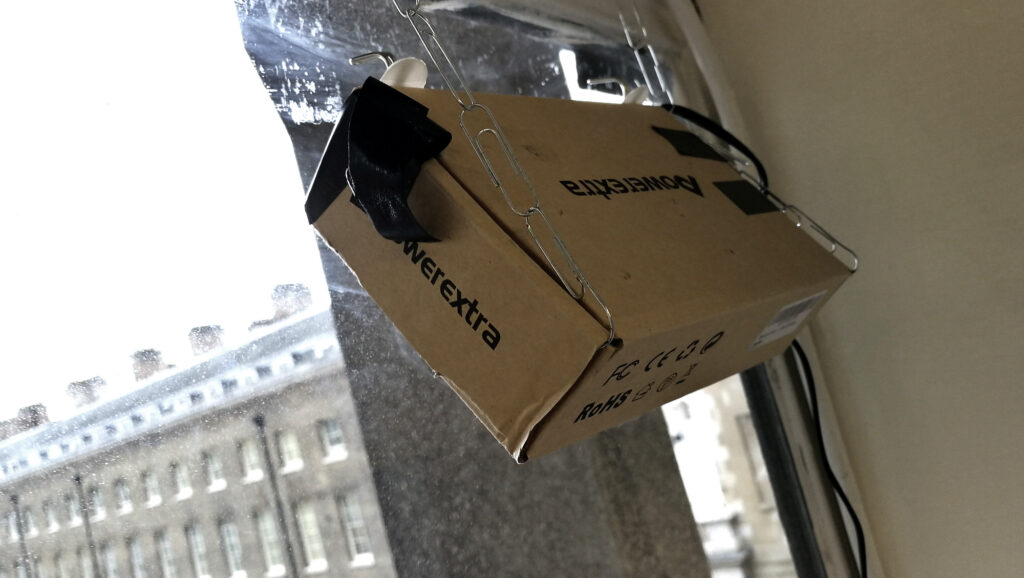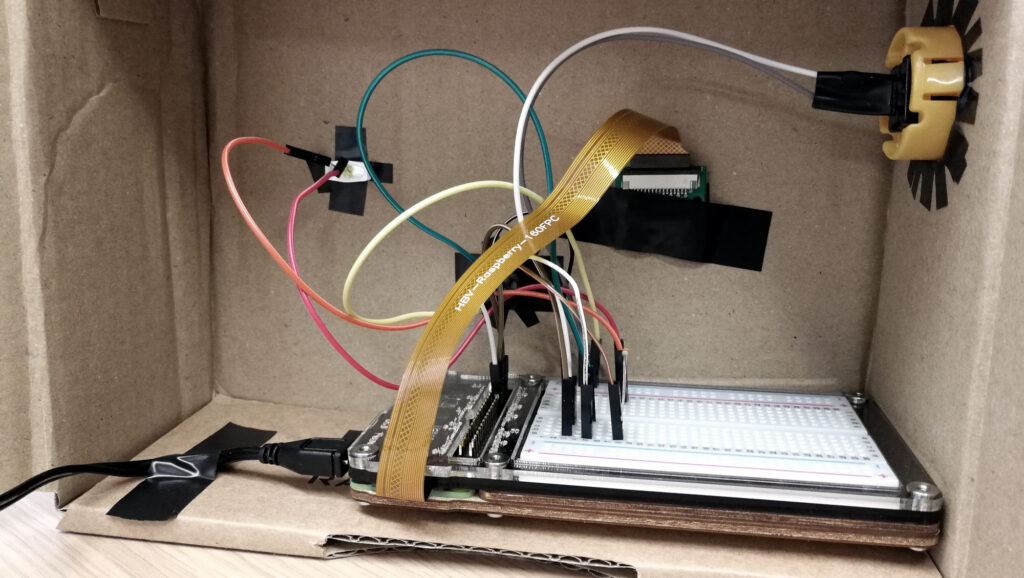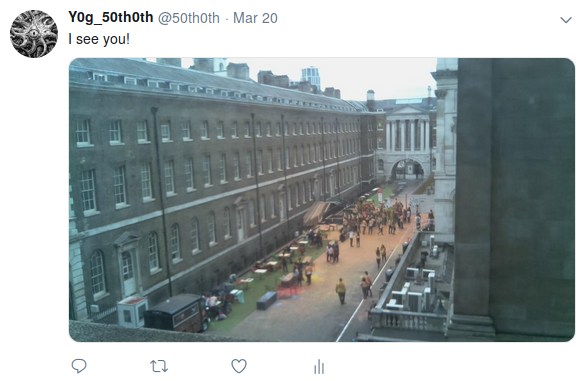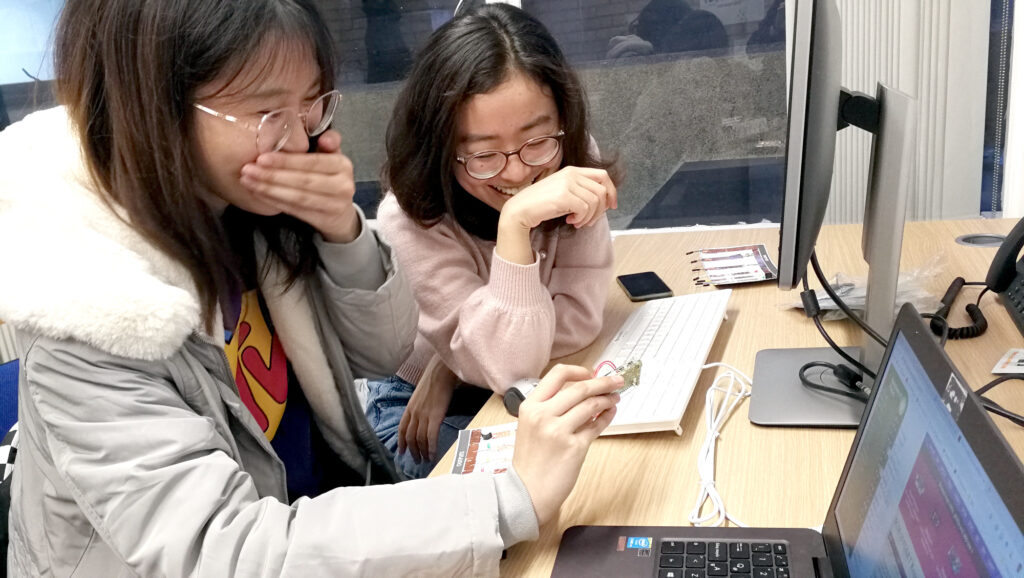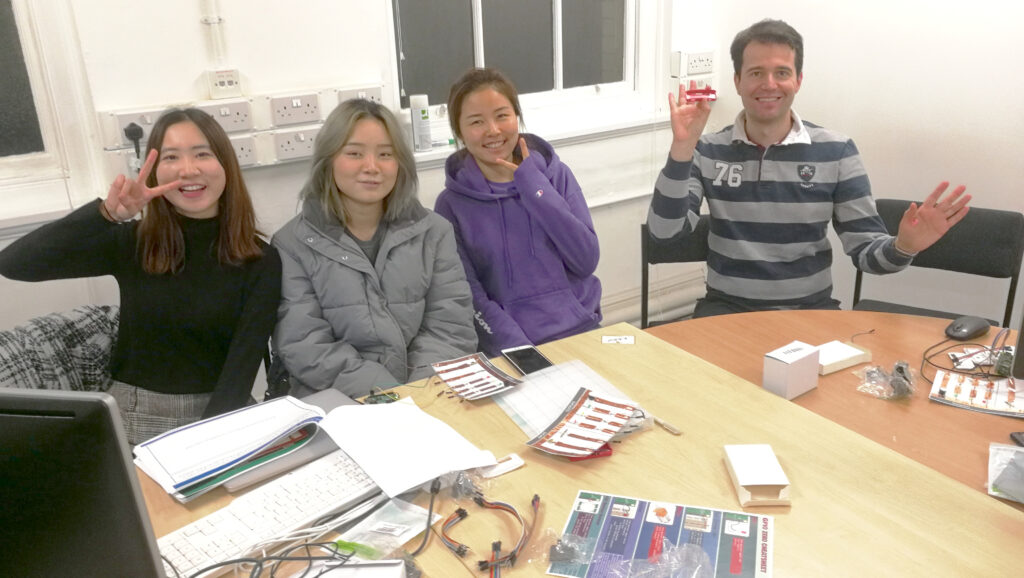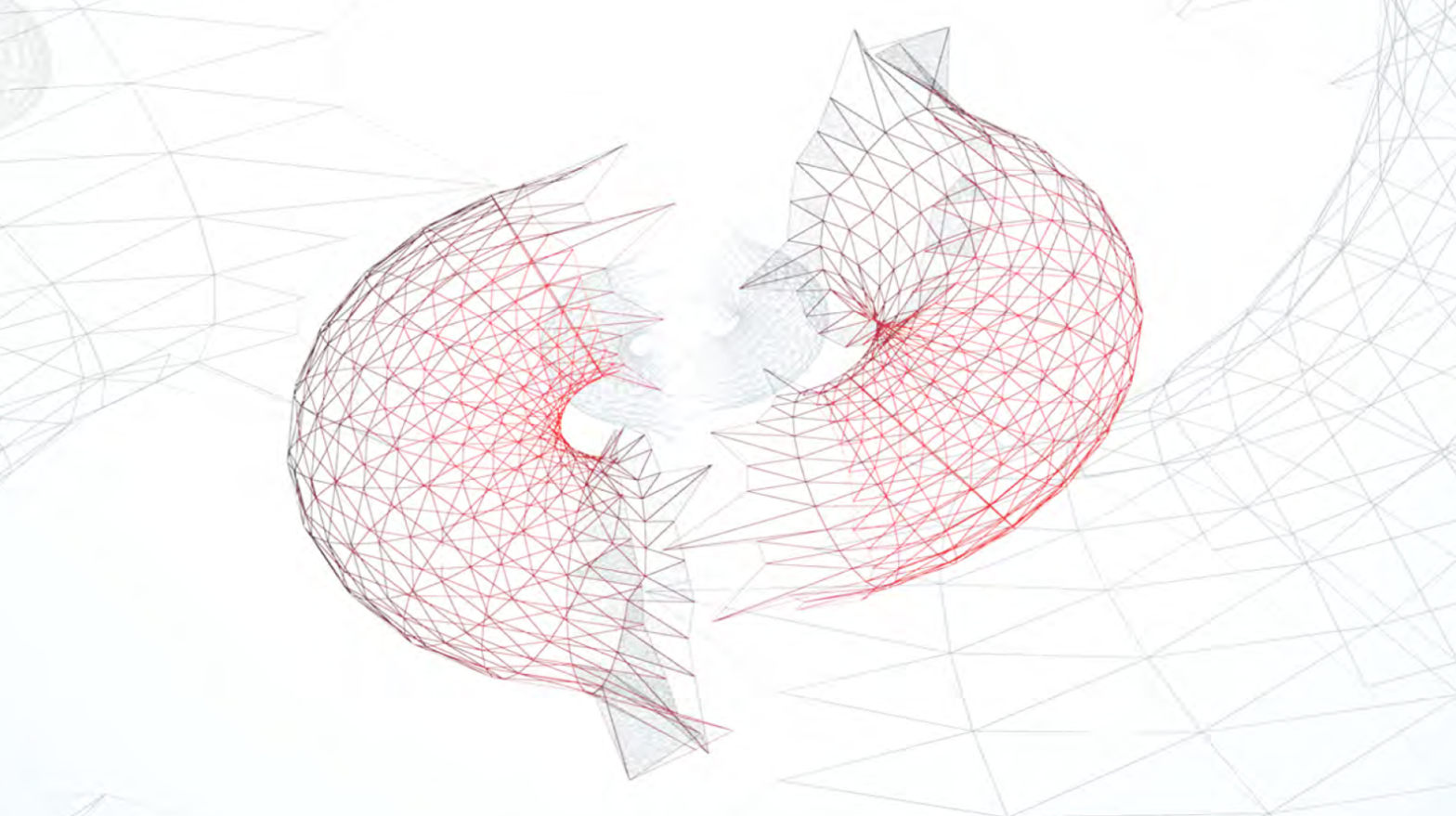By Chalisa Chintrakarn, MA Digital Culture and Society http://linkedin.com/in/chalisa-chintrakarn-475911112
Learning outside lectures through an internship is such a great opportunity to explore oneself, to meet professionals in the field and to put knowledge and skills into practice.
I am Chalisa Chintrakarn (Jerry), a MA Digital Culture and Society student from Thailand. As part of the KCL Accredited Internships Program, I undertook an 8-week part-time social media internship in the first semester at ChapmanBlack, a recruitment consultancy based in London. Focusing on European and North American markets, the company recruits talents across various sectors, such as Artificial Intelligence (AI), the Internet of Things (IoT), robotics and automotive. The company’s vision is to provide fast and excellent services to clients; its aim is to retain its dynamic working environment and avid staff.
In relation to application process, I first sent my CV to ChapmanBlack via LinkedIn. The company later asked me to create a promotional photo and several videos for Instagram posting. After that, I had a phone interview and a trial at the headquarters. The trial was basically for testing social media skills, especially Instagram and LinkedIn, as well as interpersonal communication and computing skills.
In the course of internship, I liaised with the Chief of Staff, some other interns and professionals specialising in engineering and automotive. They come from different parts of the world: the UK, Germany, Sweden, Turkey and Vietnam; I could therefore immerse myself into culturally mixed environment and simultaneously developed my cross-cultural communication and shared Thai culture to them. All colleagues were welcoming and willing to assist one another no matter what issue emerged.
My internship projects were closely connected with my MA education. For example, I took up the Instagram and LinkedIn projects. What I did was creating photos and short videos for promoting the company and its events in Germany, using hashtags to find a large number of individuals who expressed their interest in the recruitment industry, as well as drawing the company’s attention to those people by sending messages regarding job openings. These were tied into the so-called attention economy, platform capitalism and the optimisation of hashtags that I had learned in depth from Introduction to Digital Culture and Society module and Mobility, Culture and Digital Media module.
Undertaking a social media internship is not reducible to social media works. I conducted several projects outside social media, particularly a project of posting job advertisements of engineering sectors. I worked alongside the Engineering Practice Manager and another intern, and the manager gave me his insight into AI including self-driving cars that I had studied in Introduction to Digital Culture and Society module. In essence, while employing and expanding my photography/video-making and interpersonal skills throughout the internship, I could apply and reflect with a wealth of knowledge attained from my MA studies, which consequently heightened my confidence to engage with digital technologies and to discuss them with classmates in the second semester.
This professional opportunity has transitioned my future path towards academic career focusing on gender and sexuality, while it motivated me to academically research social media. In fact, the reason why I chose to carry out the internship is that I had not been completely sure which direction I actually wanted to go, either the social media industry or the academia. That is, I had intended to work at an international social media company owing to my regular engagement with Instagram and LinkedIn. At the same time, I have been keenly interested in conducting academic research centred upon gender and sexuality in Asia since my Bachelors education in Japan. I heavily engaged in social media during the internship and was concurrently in touch with academic staff in the KCL Digital Humanities department who research female sexuality. Ever since, I have become even far more passionate about both gender studies and social media. For this reason, I decided to write the MA dissertation on the phenomenon of a Southeast Asian feminist campaign on Instagram. This dissertation is to pave the way to become an academic contributing to gender and social media scholarships. Altogether, this hands-on experience directed me to a suitable future trajectory.
On the whole, taking part in the KCL Accredited Internships Program has been such a fruitful experience that hugely complemented my MA studies and allowed me to explore myself further. Being proactive in both finding internships and working with colleagues is the most important. Instead of taking all lecture-based modules, it would be highly beneficial to take the internship module so as to boost a variety of transferable skills and knowledge useful in the digital culture sector. This way you would also be able to come to grasp more about what you really aspire to do in the future. Seize this worthwhile opportunity that can make changes to your life!
[Caption for image] me, the Chief of Staff and other interns: we all strive to grow!’.

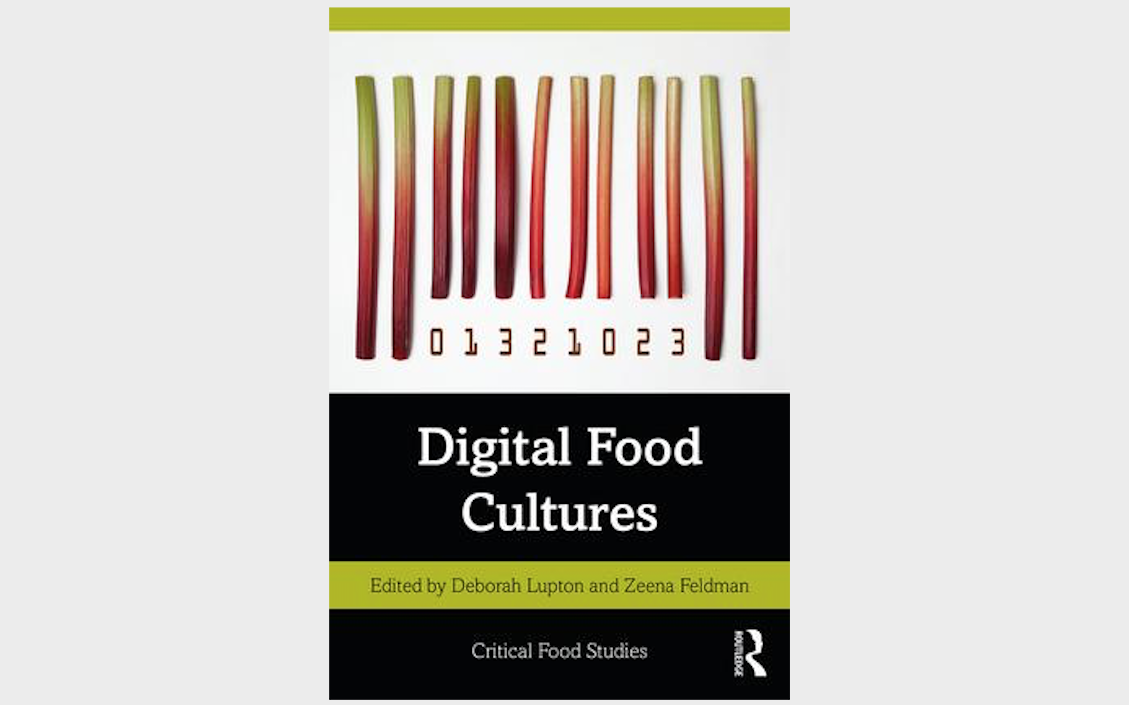
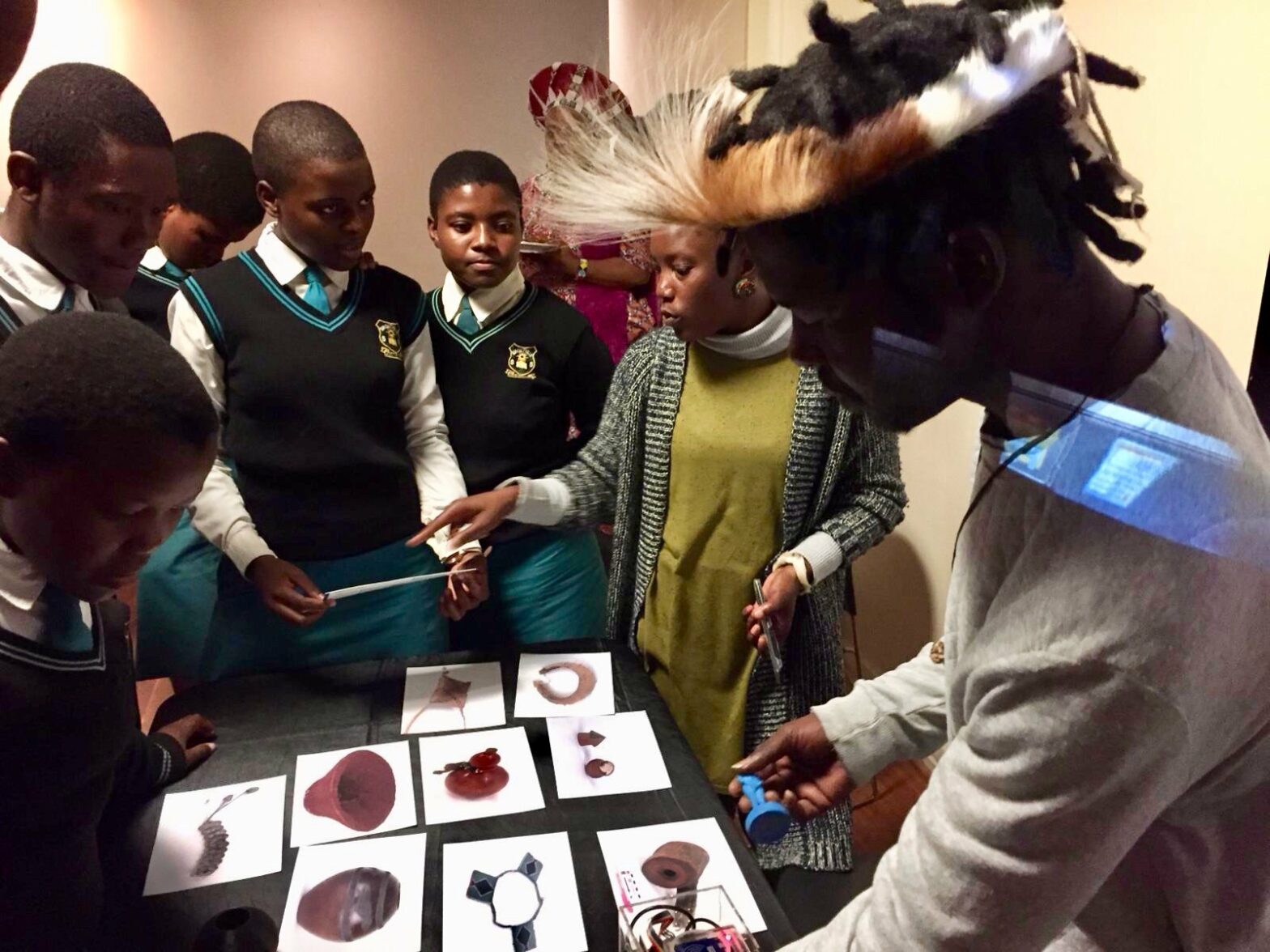
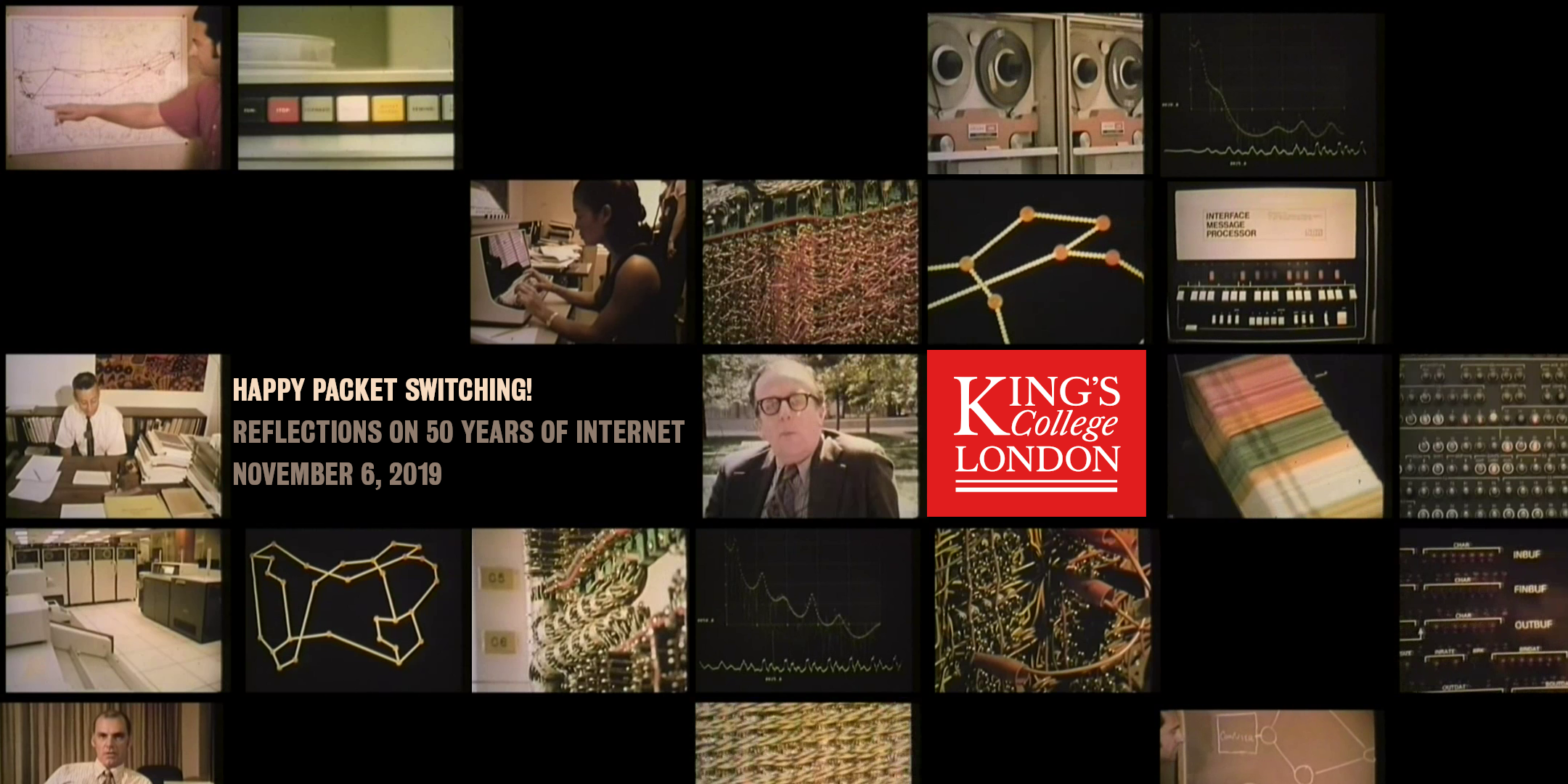

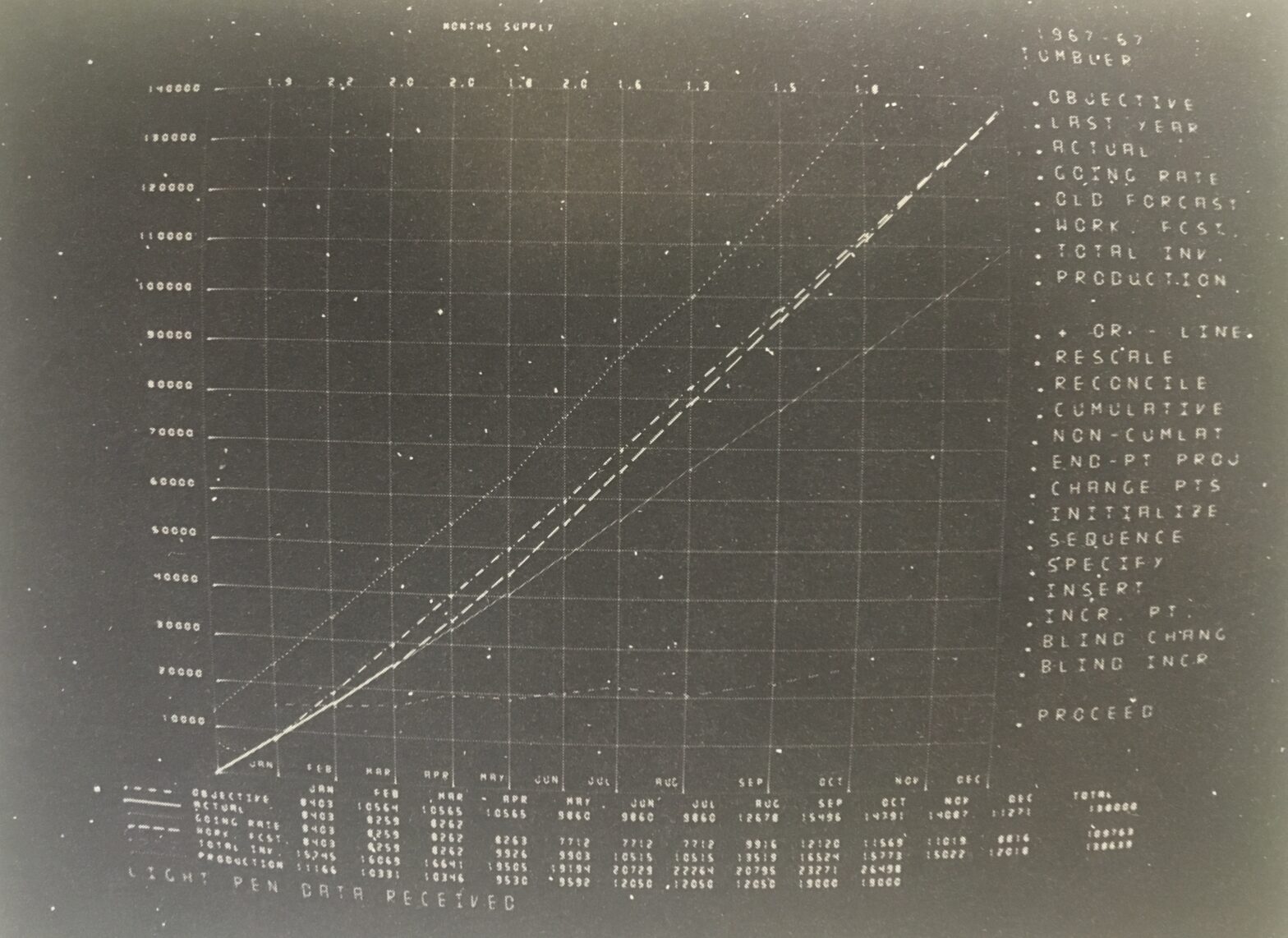
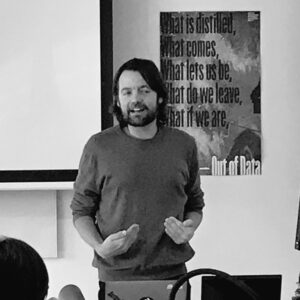 Dr
Dr 